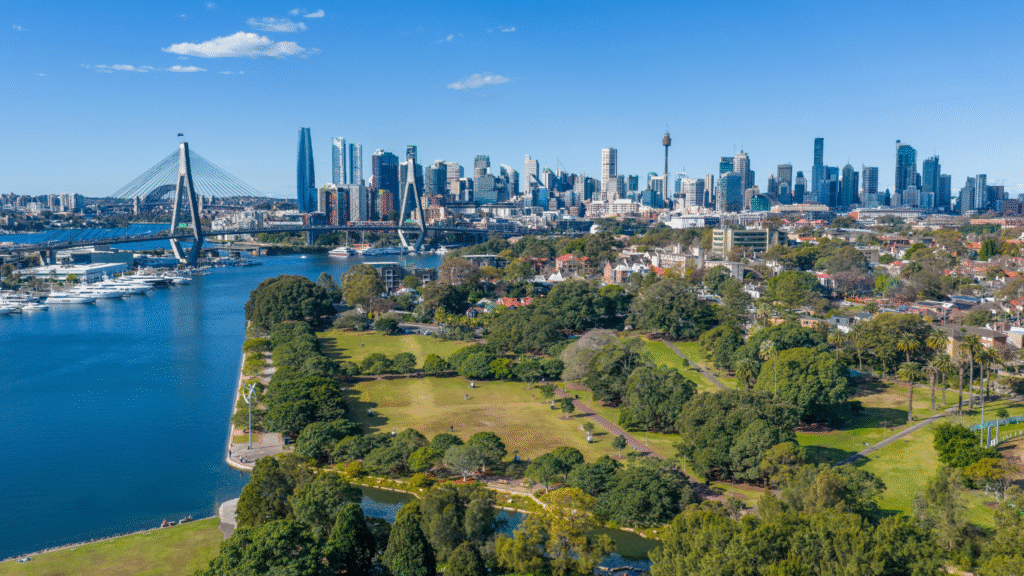Key Updates for Property Owners and Trustees in NSW
Revenue NSW has issued important updates on land tax exemptions and surcharge assessments — with significant implications for homeowners and trustees ahead of the 2026 land tax year.
1. Reminder: Changes to the Principal Place of Residence (PPR) Exemption
From the 2026 land tax year onwards, property owners in New South Wales must meet updated eligibility criteria to continue claiming the Principal Place of Residence (PPR) exemption.
What’s Changing
To qualify for the PPR exemption:
- Property owners must hold at least a 25% ownership interest in the property used as their principal place of residence.
- This ensures the exemption applies only to individuals with a significant ownership stake in their home.
Why It Matters
Previously, shared or minor ownership interests could still qualify under broader rules. The new threshold aims to:
- Strengthen the integrity of the land tax system
- Prevent misuse of the PPR exemption by minor stakeholders
Property owners should review their ownership structure before the 2026 assessment year to avoid unexpected land tax liabilities.
2. Case Update: Trust Deed Wording Triggers Surcharge Land Tax
In Enlace Pty Ltd ATF Enlace Trust v Chief Commissioner of State Revenue [2025] NSWCATAD 253, the NSW Civil and Administrative Tribunal (NCAT) upheld a surcharge land tax assessment — underscoring the importance of precise wording in trust deeds.
What Happened
- The corporate trustee was assessed for surcharge land tax for the 2022–2024 land tax years.
- Although amendments were made to exclude foreign beneficiaries, the trust deed wording was insufficient under section 5D of the Land Tax Act 1956 (NSW).
- The clause lacked clear reference to the statutory definition of “foreign person,” leading to the trust being classified as a foreign person and therefore subject to surcharge land tax.
The Tribunal’s Decision
NCAT found that:
- The amended clause did not irrevocably exclude foreign persons as required by the legislation.
- Even if no foreign person had received a distribution, the potential for one to do so was enough to trigger liability.
Key Takeaway
Trust deeds must explicitly reference the legal definition of “foreign person” to avoid surcharge land tax. Legal intent alone is insufficient without precise drafting.
What This Means for Property Owners and Trustees
These developments highlight the need for careful tax and legal compliance in NSW property ownership and trust management.
- Homeowners should verify their ownership percentage before 2026.
- Trustees should review and update trust deeds to comply with statutory requirements and prevent future disputes.
How BOA & Co. Chartered Accountants Can Help
At BOA & Co., we help Sydney property owners, investors, and trustees:
- Review land tax exemption eligibility and property ownership structures
- Update trust deeds to comply with surcharge land tax rules
- Manage land tax assessments, exemptions, and disputes with Revenue NSW
The Bottom Line
The NSW land tax landscape is tightening — with stricter rules on exemption eligibility and trust deed compliance.
By staying proactive, property owners and trustees can avoid penalties and maintain compliance under the evolving tax regime.
📞 Contact BOA & Co. Chartered Accountants for expert advice on NSW land tax, property structuring, and compliance.
📧 [email protected]
🌐 www.boanco.com.au
📍 Sydney, NSW
Smart structure. Sustainable growth. Strategic tax outcomes.

